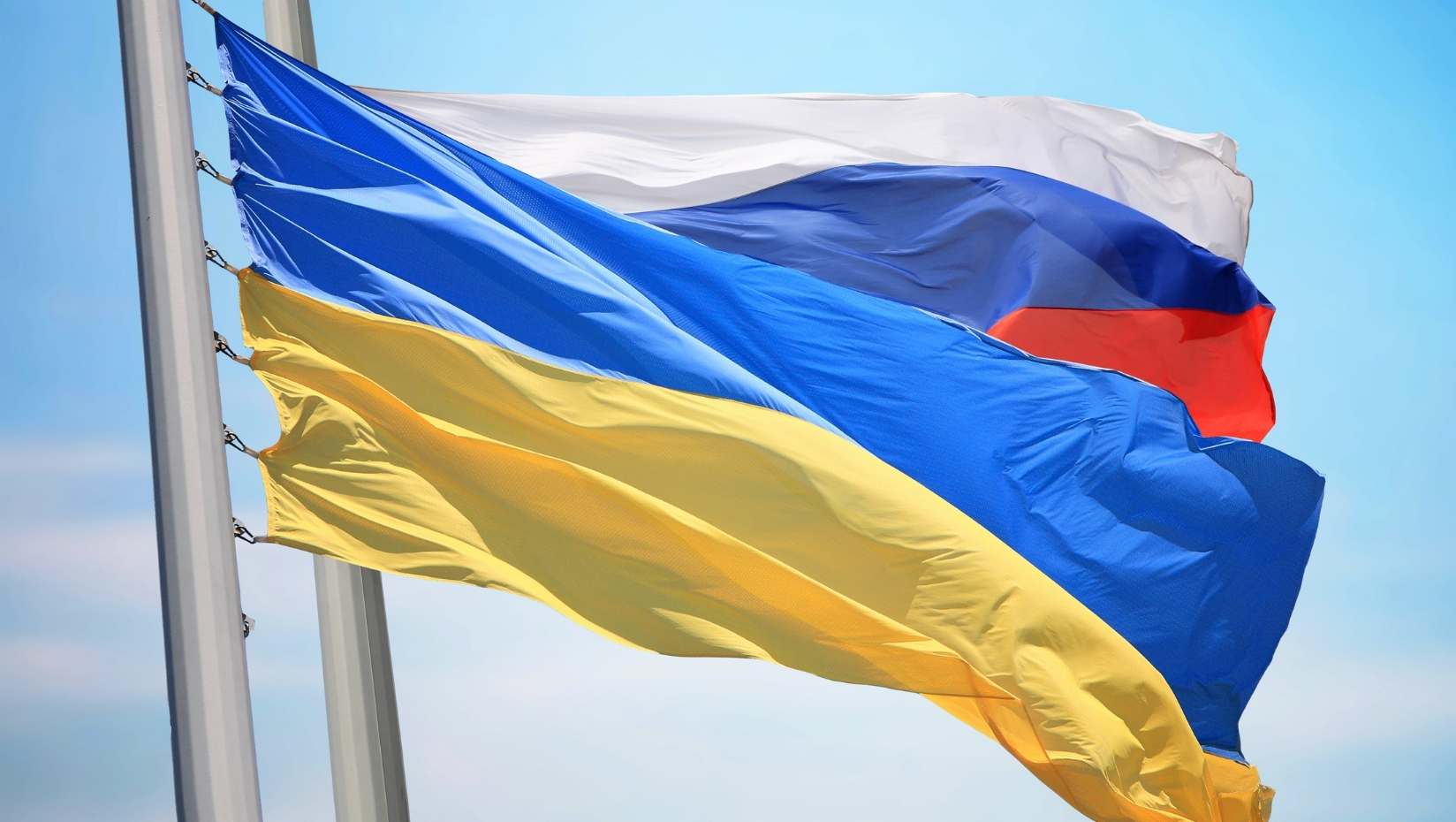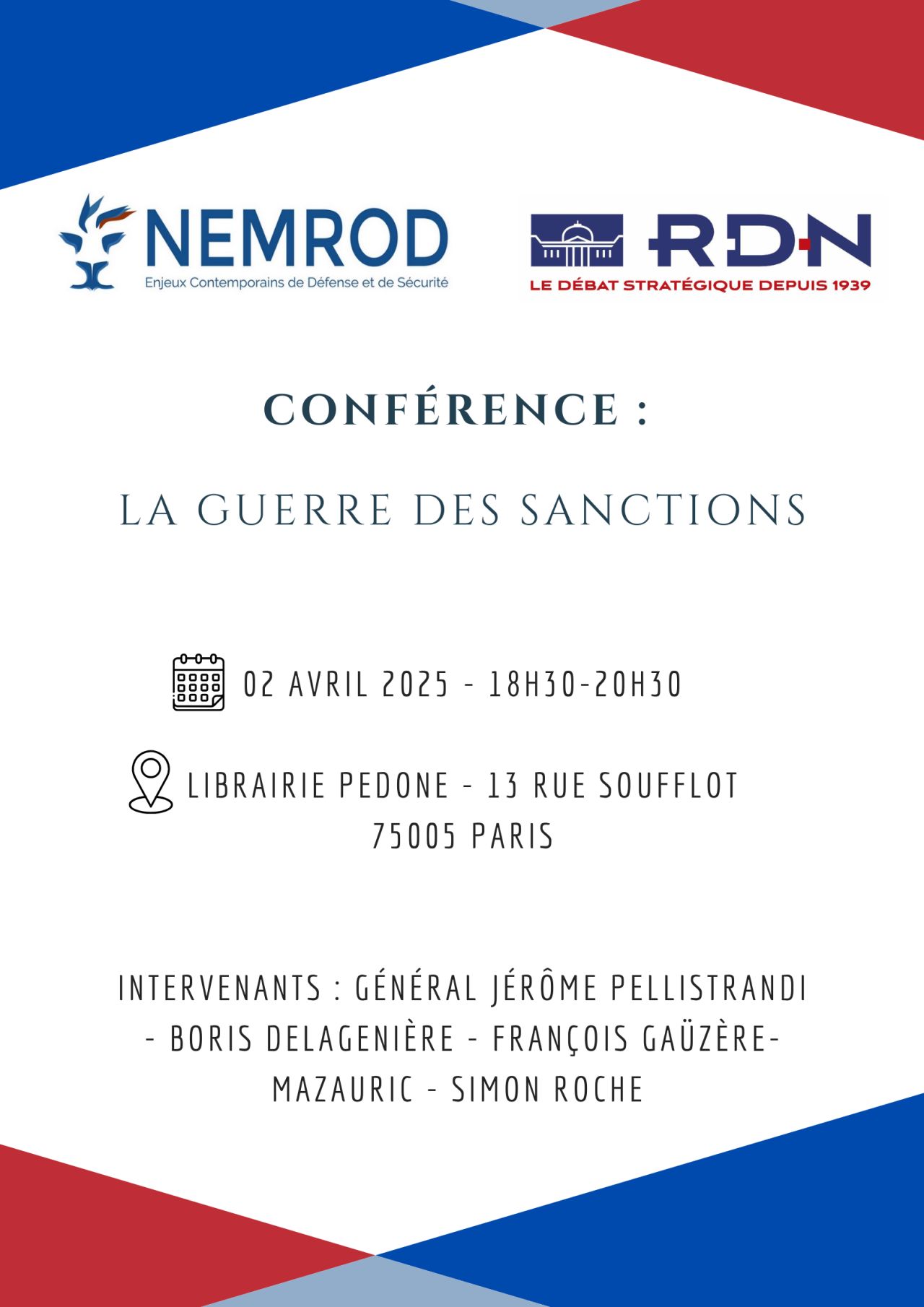International Paris Air Show Le Bourget 2017 - The Air Force Committed on all Fronts to Protect the French Population

Preface - André Lanata - p. 7-9
Feedback from Current Operations—the Realities
With the development of digital capacity, the Command and Control system is becoming central to modern conflicts. The keys to victory lie in wider access to information through interoperability of information systems. In short, the need for high quality C2 is becoming ever more vital.
The closeness of French and US air forces goes beyond common operational commitments. It involves immediate challenges such as the capability for maintaining current operations over the long term, and also preparations for the future, such as the concept of future combat systems.
Air Power in the Sahara-Sahel Band - Stéphane Mille - p. 27-31
The characteristics of Operation Barkhane are highlighting the value of the air arm and the importance of its action. Without it, the operation could not be envisaged or conducted, hence the need to continue with investment in the air component.
Operations Against Daesh in the Levant - Michel Friedling - p. 32-40
France has been committed to this battle since September 2014. France is the second biggest contributor of air power and is an essential player : French aviators fight every day, showing their skill in a singularly complex theatre in which the air arm plays a vital role against a powerful and resilient enemy that is difficult to beat.
French Air Force Homeland Operations - Bruno Foussard - p. 41-44
The Air Force is committed to external, overseas operations while at the same time assuring permanent nuclear deterrence and air defence of the French homeland, as it has done for over 50 years. In addition to that, French aviators are working on a wide range of activities to benefit their fellow citizens and the nation as a whole in collaboration with various national, regional and local authorities.
The Air Force and Special Operations - Luc Rancourt (de) - p. 45-50
Since their origin, air support has been intrinsic to special operations by guaranteeing their effectiveness. To preserve the advantages afforded by air power it is essential to continue developing capabilities of the Air Force, particularly in the areas of C2, ISR, intervention and projection.
Intelligence of Air Interest - Étienne Champeaux - p. 51-55
The Air Force has a well-founded culture of intelligence linked with the capability of aircraft to gather information and the demands for knowledge of the threat in order to use effectors efficiently across a wide range of missions. The use of future information clouds integrated in the combat cloud will make the Air Force even more reactive and effective.
To support today's levels of activity that exceed those set for the forces, the Air Force has to adapt its organisation, resize its technical and logistic assets and develop broader coherence between operational and industrial support. Acquisition of assets has to give way to a logic of what is needed to achieve the desired effect if we are to respond to operational demands.
While nuclear deterrence is the main professional business of the units of the French Strategic air forces, the personnel of the combat and in-flight refuelling squadrons need also to be ready at all times to intervene beyond our borders - an intense rhythm of operations that highlights the sense of duty and operational commitment of our aviators.
The Air Force is totally committed to protection of the French population, on both external theatres and in national territory. It has to protect the capabilities it puts into action from its air bases, for which major measures have been taken in the search for pragmatism, effectiveness and performance in the face of a hardened and long-lasting threat.
Multinational Operation and Preparation - Marc Henry - p. 66-71
Outside the French homeland, the Air Force is today routinely committed in a multinational environment. By virtue of the quality of its aviators, its aircraft and successes in recent operations, it is attracting growing interest, with an increase in requests for cooperation. The challenge is now to be able to operate and prepare for multinational operations in order to fulfil its missions.
Preparation for the future - Perspectives
Whilst western air power dominates the battlefield, this advantage is going to be eroded in the face of more robust adverse defences and less traditional threats. And yet history shows us that to possess an air force adapted to the contemporary strategic context is fundamental to preservation of national freedom and independence.
Technological breakthroughs, deployment of a new system of air combat systems that mixes piloted and remotely-piloted aircraft, along with other developments will have consequences on the future of air forces. They will need to force an evolution of concepts and doctrines with a greater role for combat aviation.
Changes in the strategic environment and more effective counter-strategies in the air could have consequences on balances of power by making defence against aggression easier and creating stability in air warfare. All of this could be avoided by broadening strategic space and extending it into the cyber and space environments.
Changes in the strategic environment lead to changes in the balance of power. To follow these developments the Air Force has to create an air combat system, made up of an interoperable network of manned or unmanned weapons systems that are resilient and interconnected and which can respond to as wide a range of interventions as possible. Major investment is needed to meet this challenge.
To keep the initiative on the ground and full control of threats when it is on operations, the Air Force is attempting to reduce its vulnerabilities and strengthen its modes of action. It has transformed the centre of military air experience into an incubator of new ideas and innovative projects in order to offer forces the capabilities they require. Lire la suite
Legal Aspects of Drones Over National Territory - Pascal Dupont - p. 97-100
Drones cover the entire aeronautical range to such an extent that the success and dynamism of the sector demands an approach from the public authorities in order to ensure the freedom of users while preserving the integrity of airspace. France is a pioneer in the codification of drone activity and is able to make an important contribution to the success of the current European project for harmonisation of regulations of member countries.
Long endurance drones have a central position in current operations, from battlefield surveillance to acceleration of the decision-making loop. Twenty years' experience in their use, and the recent delivery of Reaper drones will bring substantial operational benefits to a wide range of missions in support of domestic security forces.
There is widespread use of civilian drones in a vast range of activities, and the sector has considerable economic potential. This proliferation is also the source of a new set of risks and threats, to which the Air Force can bring its expertise and play a major role in the fields of safety, law, innovation, the economy and training.
To preserve its operational capabilities, the Air Force is undertaking a digital transformation. For this, the Smart Base is a sort of laboratory for innovation, whose aim is to improve the operational running of an air base, aviators' working conditions and living conditions for them and their families.
People at the Heart of the Air Force and Air Operations
HR 2017: Time to Pull Up - Rony Lobjoit - p. 117-122
With the loss of 29 per cent of its personnel in eight years and a high level of operational commitment set to last a long time, the Air Force is facing major challenges with regard to its human resources. A better level of recruitment, training and retention of this human capital asset has to be achieved if the Air Force is to continue to conduct its three strategic missions for the defence of the French population-protection, deterrence and intervention.
Since ancient times the sky has been perceived by man as an environment of freedom and power. Later, it became a factor of progress and innovation that gave birth to the aeronautics that have revolutionised modern society. Events of the twentieth century highlighted the strategic nature of air power and today's aviator is the true successor and beneficiary of understanding of the third dimension.
Training tomorrow's leaders must enable the officer to develop the necessary qualities for the exercise of command and decision-making under difficult conditions. Beyond knowledge and material skill, it is the development of soft skills that will allow him or her to approach the changes to come.
Renewed dynamism is blowing though the military reserves as a result of the security environment. The reserves are a reservoir of diverse strengths, upon which the Air Force relies for its operational commitments. Their quality plays an essential role in the National Guard by conducting missions of protection of national territory and air bases, while simultaneously promoting the link with the country's youth.






